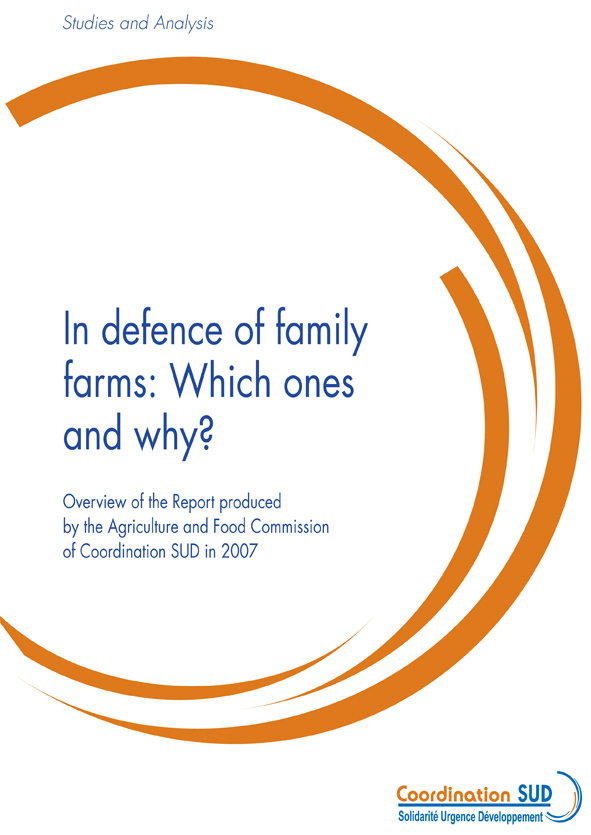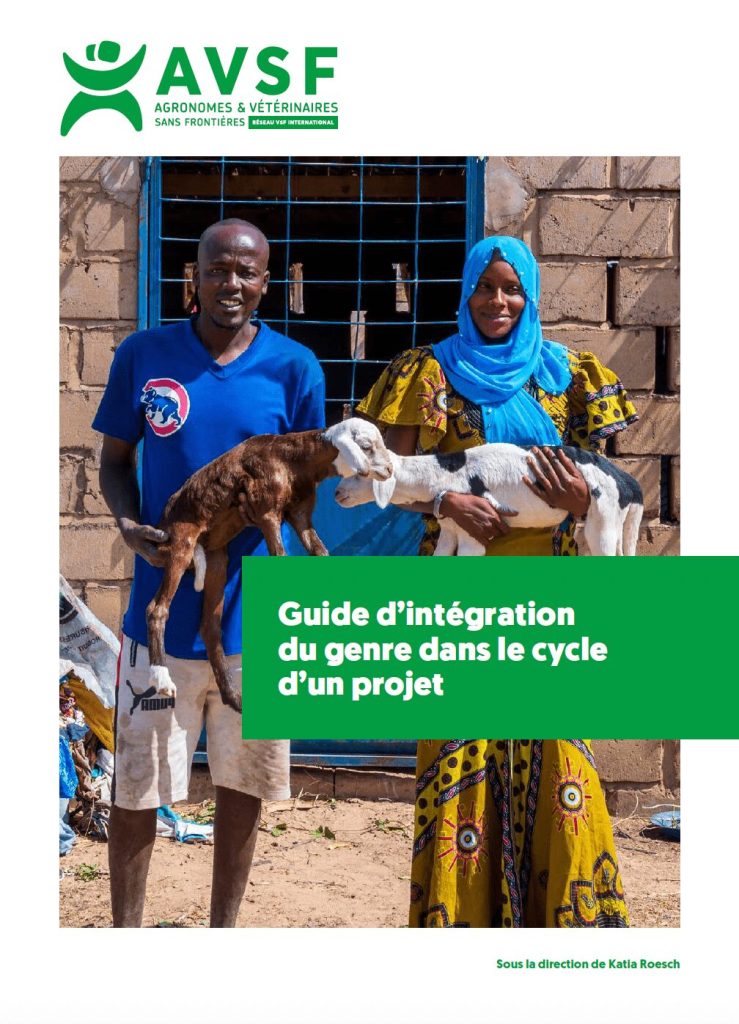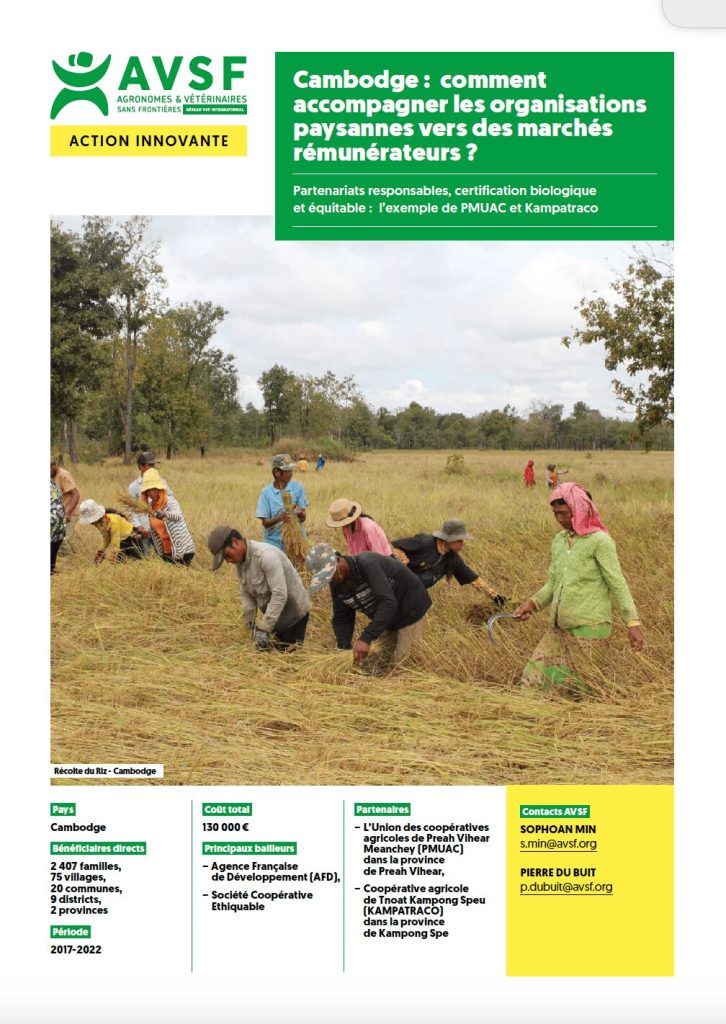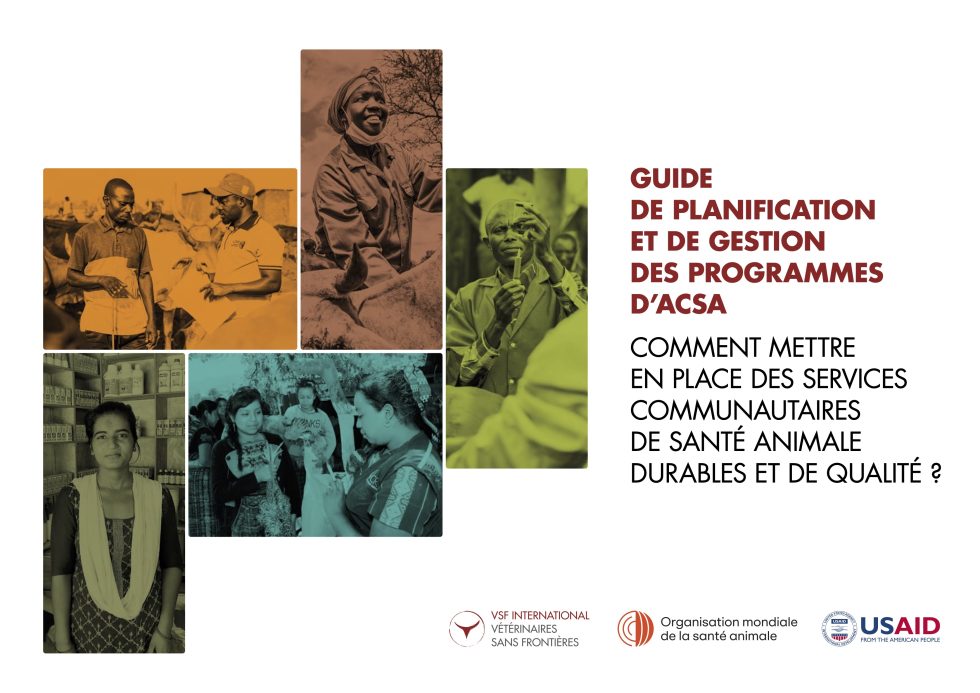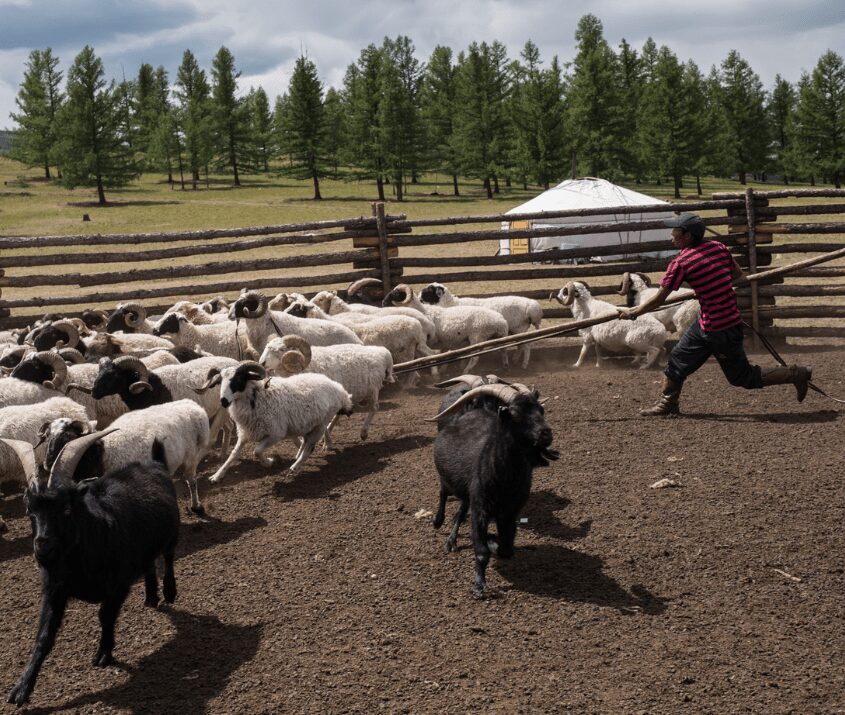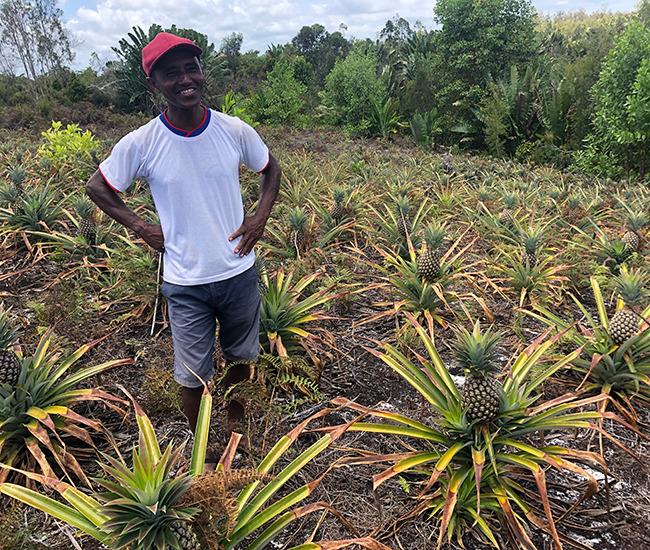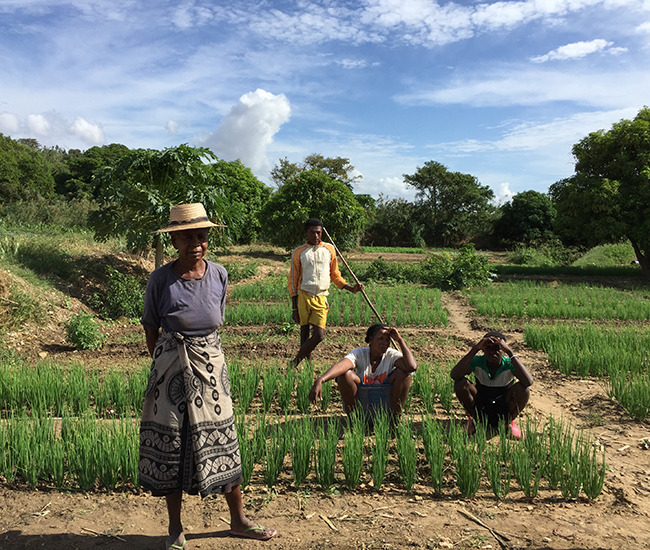In defence of family farms
The Agriculture and Food Commission of Coordination SUD (French NGO’s network) undertook this study in an attempt to put family farming back into it rightful place as the core business of development in the South. It underlines the benefits of small farms for employment, poverty reduction, cost effectiveness, reducing hunger, respecting the environment and restoring life to rural areas.
This publication coincides with a situation of high agricultural prices and “riots” that shook developing countries resulting in a significant mobilization of public opinion and the press. The idea of boosting investment in agriculture appears to have become consensus. But what kind of agriculture do we speak? Mechanized farming practiced by some operators ‘modern’, a high-tech agriculture practiced by integrated agribusiness, or agriculture and family farming?
The study is based on bibliographies and case studies drawn up by partners of Commission members. This document is an overview of this study1 and sets out the main results of the process. The first and second parts address the vital importance of small farms, and paradoxically, the lack of interest shown in them until recently by international development policies. In the third part, we set out what we believe to be the cogent arguments for defending family farming as an essential part of development in the Global South.
The diversity of family farming is explained in order to understand the importance of a process of sustainable economic development and benefit the majority. While the current political climate favors a capitalist agriculture described as modern, it appears that family farmers have three advantages:
- produce enough for local markets for a growing population and increasing productivity with techniques adapted to the environment;
- control rural-urban migration by generating stable jobs and many in the countryside and the fight against poverty when agricultural prices are remunerative;
- manage resources sustainably because they are the first victims of environmental degradation.
